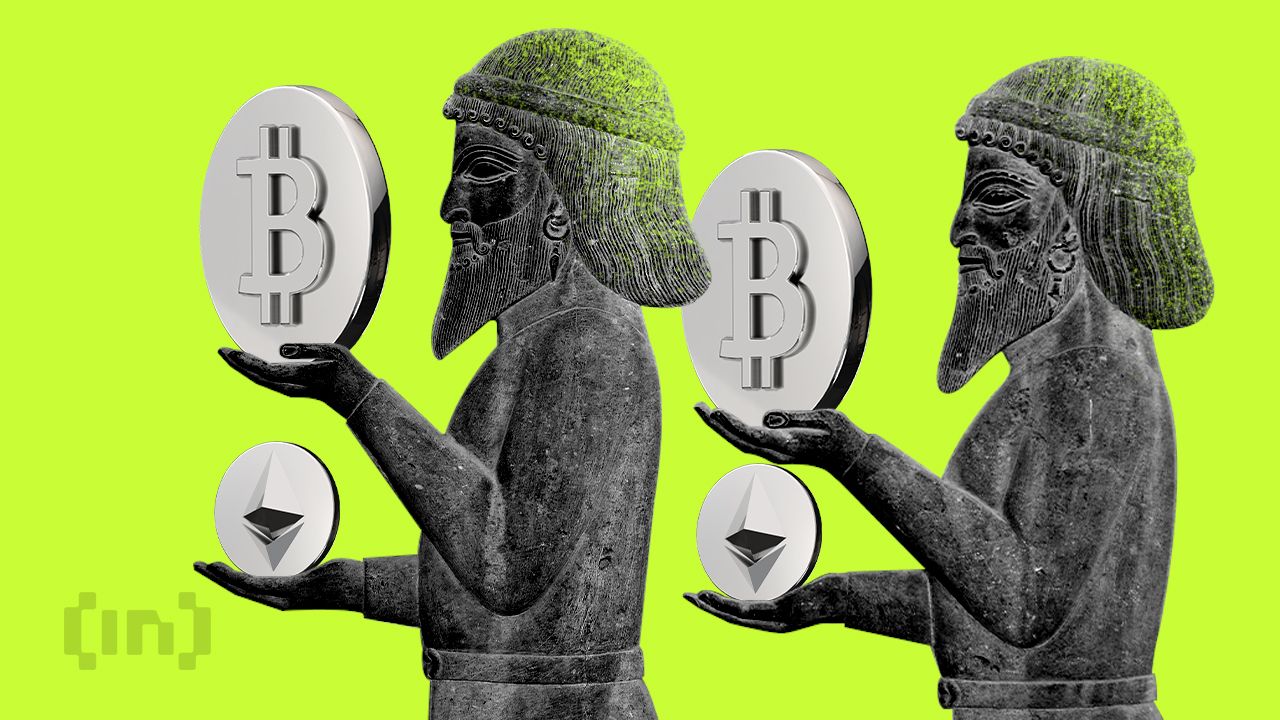Crypto Mining Is Allegedly Causing Blackouts in Iran
12/13/2024 23:30
Iran’s subsidized electricity fuels Bitcoin mining, causing blackouts. In Iran, crypto is both a tool and infrastructure challenge.
Iran has faced major power blackouts in its capital, Tehran, and neighboring provinces throughout October and November. While officials cite various causes, crypto mining has emerged as a significant contributor to the power crisis.
With the lowest estimated cost of mining in the world, many miners exploit Iran’s heavily government-subsidized electricity.
Iran’s Subsidized Electricity Drives Bitcoin Mining Boom
Iran’s heavily subsidized electricity rates have made it a global hotspot for Bitcoin mining since 2022. Electricity in Iran costs just $0.002 per kilowatt-hour, the lowest in the world by a huge margin. This low cost has attracted miners, as electricity accounts for the majority of Bitcoin mining expenses.

At the time of writing, the cost of mining one Bitcoin in Iran stood at $1,324, dramatically lower than the $100,000 in the United States or $300,000 in Ireland.
In August, the CEO of Iran’s state electricity company, Tavanir, highlighted the impact of unauthorized mining operations on the region’s power grid. The power used by 230,000 unlicensed devices is equivalent to the total electricity demand of Markazi province, a key manufacturing hub.
In response, Tehran introduced a bounty to incentivize citizens to report any unlicensed crypto-mining equipment.
“Opportunistic individuals have been exploiting subsidized electricity and public networks to mine cryptocurrencies without proper authorization. This unauthorized mining has led to an abnormal surge in electricity consumption, causing significant disruptions and problems within the country’s power grid,” said Mostafa Rajabi Mashhadi, CEO of Tavanir, to local news.
Public frustration has grown, with Iranians sharing insights into previously uncovered mining farms on social media. Many of these operations are typically discovered in government-aided areas, like mosques or schools. These institutes generally receive discounted or free electricity.
Sanctions Moving Tehran Towards Crypto
Last week, the Central Bank of Iran (CBI) approved a new regulatory framework for cryptocurrencies. The policy mandates licensing for crypto brokers and custodians, ensuring compliance with anti-money laundering (AML) laws, counter-terrorism financing (CTF) rules, and tax obligations.
In recent times, Iran has played a broader role in the crypto market, with geopolitical tensions often spilling over to the industry. Earlier this year, the Israel-Iran conflict had a notable impact on Bitcoin’s market price. The tense conflict back in April saw nearly $1 billion liquidated from the crypto market. However, prices recovered rather quickly.
Also, Iran has embraced cryptocurrency as a tool to mitigate economic challenges and circumvent US sanctions that restrict access to global financial networks. The government has permitted regulated crypto mining to generate revenue and is exploring using digital currencies for international trade settlements.
Although officials have not directly linked Bitcoin mining to recent outages, the public has drawn connections. Iran’s dual approach of exploring crypto while combating unauthorized mining reflects the sector’s complex role in the nation’s economy.
Disclaimer
In adherence to the Trust Project guidelines, BeInCrypto is committed to unbiased, transparent reporting. This news article aims to provide accurate, timely information. However, readers are advised to verify facts independently and consult with a professional before making any decisions based on this content. Please note that our Terms and Conditions, Privacy Policy, and Disclaimers have been updated.